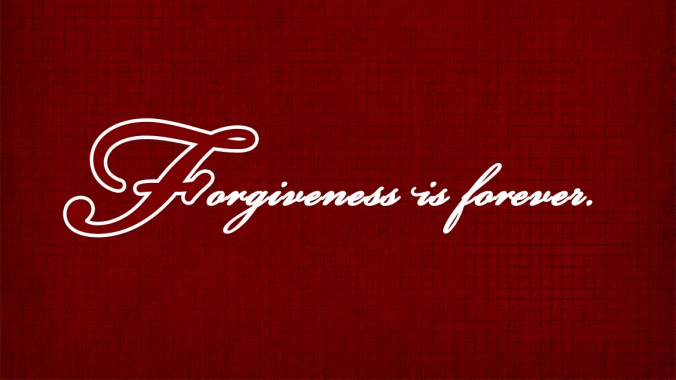
Today’s readings (click below to open in new tab/window):
Psalms 42; 146, Deuteronomy 6:16-25, Hebrews 2:1-10, John 1:19-28
In church we learn to praise and worship our God. We thank God for the good things in our lives, and ask for his strength during the bad times. We admire people whose faith remains rock-solid during times of crisis, and aspire to have that kind of faith ourselves. Expressing negative emotions about God, not matter how true, seems out of place in most Christian settings.
So let’s thank him for one more thing: the psalmists! They were not afraid to rail at God when things got tough. The author of Psalm 42 declares: “My tears have been my food day and night, while people say to me continually, ‘Where is your God?’” This psalmist is not afraid to ask: “Why have you forgotten me? Why must I walk about mournfully because the enemy oppresses me?” And these were not private episodes behind locked doors where the other faithful could not see and judge: they were public declarations recorded for the ages. If psalms of lamentation made it into the Bible, maybe it’s all right to express such feelings ourselves, even in public.
God is not a a fair weather friend who turns away when his feelings are hurt. During Rosh Hashanah, faithful Jews make atonement for their failings, but part of the tradition also involves calling God to account for the state of the world. The very name Israel means “wrestling with God.” We are not required to be always happy or even satisfied with God. It might be impossible, since we are built to be in a relationship with God, and all deep relationships at some point experience conflict.
An argument does not end a real relationship. Handled properly, it is a chance for learning and growth – though when we argue with God it is almost certainly we are the ones who need to grow. The psalmist closes by telling his soul: “Hope in God; for I shall again praise him, my help and my God.” If at this or any moment you are angry with God, it’s not the end of the relationship. God will wait.
Comfort: God’s grace will always outlast your anger, sadness, or fear.
Challenge: When you are angry with God, be honest about it; God already knows.
Prayer: Thank you God for the loving patience you show me always. Amen.
Discussion: Are you comfortable expressing anger at God to yourself? To others?
Join the discussion! If you enjoyed this post, feel free to join an extended discussion as part of the C+C Facebook group , visit comfortandchallenge.tumblr.com, or follow @comf_and_chall on Twitter. You’ll have the opportunity to share your thoughts with some lovely people. Or feel free to comment here on WordPress, or even re-blog – the more the merrier!








